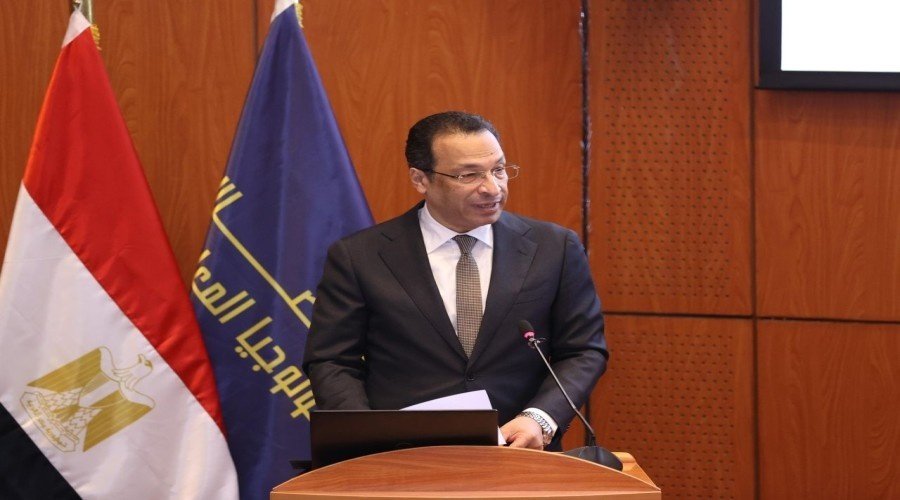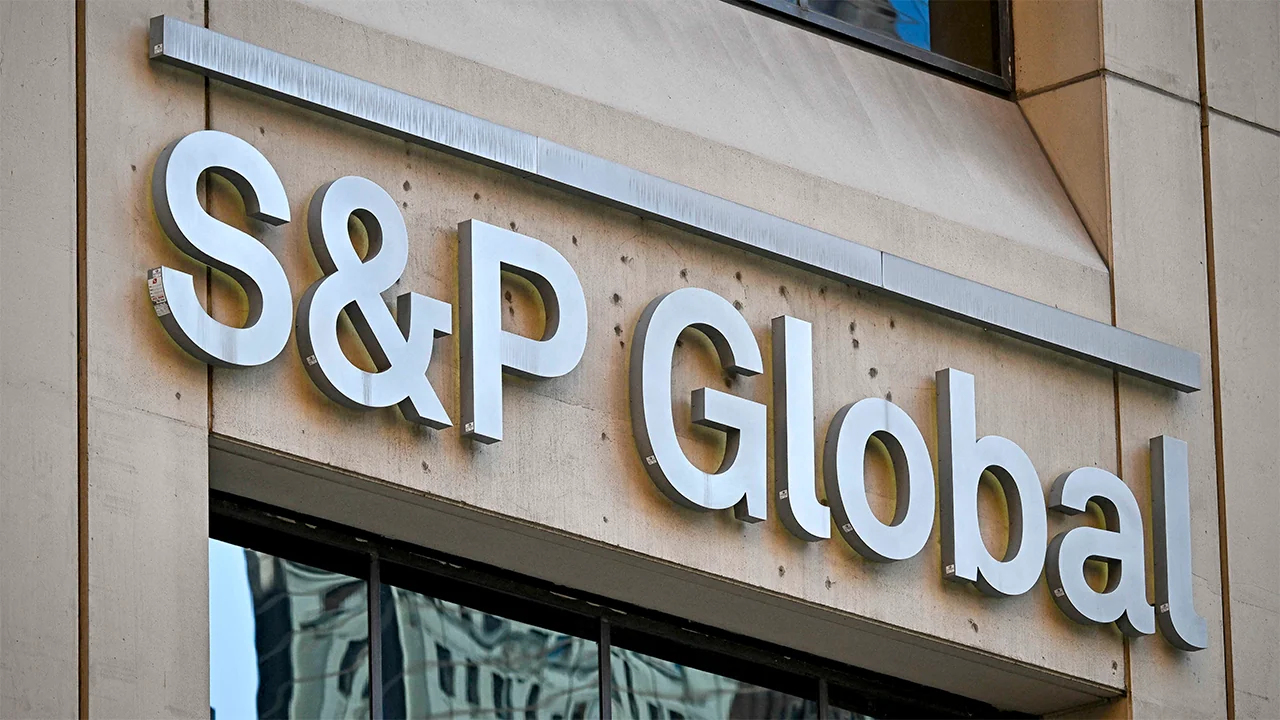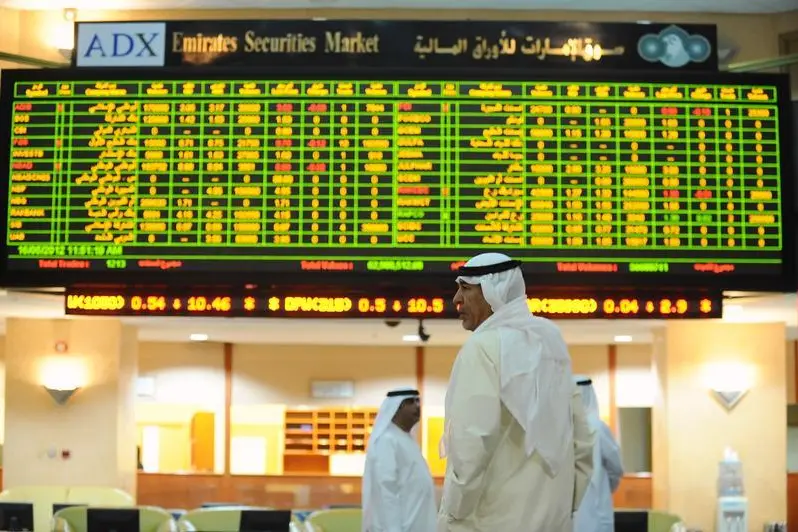In a significant vote of confidence for Egypt’s recent economic strategy, S&P Global Ratings has upgraded the nation’s long-term sovereign credit rating to ‘B’ from ‘B-’. The upgrade, announced on October 10, 2025, comes with a stable outlook, reflecting improving growth prospects and a more robust balance of payments following a series of critical reforms.
Economic Growth and Reforms Drive Upgrade
The rating agency cited the comprehensive reforms undertaken over the past 18 months, most notably the liberalization of the foreign exchange (FX) regime in March 2024, as the primary catalyst for the upgrade. This decisive move has led to a sharp rebound in GDP growth, which reached 4.4% in fiscal year 2025, up from 2.4% in 2024. S&P projects this momentum will continue, forecasting an average growth rate of 4.8% between 2026 and 2028. These reforms have successfully boosted key economic pillars, including tourism and inward remittances, while enhancing both external and fiscal metrics.
Restored Confidence and Key Growth Sectors
The Egyptian government’s commitment to a flexible exchange rate and a broader reform agenda under its IMF program has been crucial in restoring market confidence. Key measures include fiscal consolidation, widening the tax base, rationalizing subsidies, and privatizing state-owned enterprises. S&P anticipates that strong growth will be sustained by several key sectors, including tourism, construction, IT, retail, agriculture, and healthcare, alongside strong domestic demand. The government is also maintaining its fiscal discipline, targeting a primary surplus of 3.5% of GDP in 2025, though elevated debt-servicing costs remain a challenge.
Outlook and Path Forward
While the outlook is stable, S&P highlighted potential pathways for future rating actions. A further upgrade could be triggered if Egypt accelerates its debt reduction, attracts significant foreign direct investment (FDI), and successfully diversifies its economy. Conversely, a negative rating action could result from a decline in reform commitment, a sharp rise in interest costs, or significant geopolitical shocks. For now, the combination of bold reforms, strong external support, and prudent fiscal management underpins the country’s stable economic footing.
About S&P Global Ratings
S&P Global Ratings is a leading provider of independent credit ratings, research, and benchmarks. As a division of S&P Global, it plays a critical role in financial markets by offering credit ratings, research, and insights that are essential for driving growth, providing transparency, and educating market participants on credit risk.
Source: Waya














